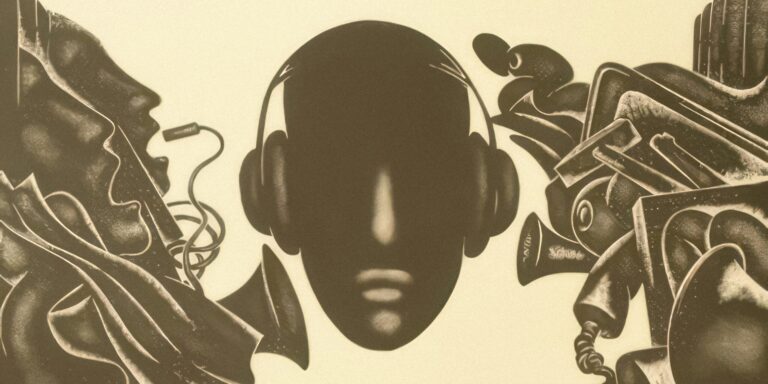Universal Music Group (UMG), the largest record label in the world, has taken a major step into the future of music creation with the announcement that it will begin licensing AI-generated vocal models for its artists. This pioneering initiative allows select developers and producers to create virtual performances using officially licensed artist voice models, starting with major names such as The Weeknd, Post Malone, and Elton John.
This move marks a significant evolution in how technology intersects with the music industry, blending artificial intelligence with artistic expression in a controlled, ethical framework. In collaboration with the digital startup SoundLabs, UMG is introducing a new software tool named MicDrop, designed to replicate an artist’s voice with high fidelity using machine learning techniques.
MicDrop is a real-time vocal plug-in compatible with leading digital audio workstations (DAWs). It allows artists to build detailed voice models by training the software with their own vocal data. These models can then be used for a range of vocal transformations, including voice-to-voice replication, instrument mimicking, speech-to-singing conversion, and even translation into different languages.
A central feature of this initiative is that artists maintain full creative control and ownership of their AI-generated voices. According to UMG executives, the aim is to empower artists rather than replace them. This approach reflects a broader effort by the company to ensure that AI tools are used ethically and responsibly.
Chris Horton, UMG’s Senior Vice President of Strategic Technology, explained, “UMG strives to keep artists at the center of our AI strategy so that technology is used in service of artistry, rather than the other way around.” This sentiment was echoed by SoundLabs founder BT, a Grammy-nominated producer and composer, who added, “Artificial intelligence, when used ethically and trained consensually, has the promethean ability to unlock unimaginable new creative insights, diminish friction in the creative process, and democratize creativity for artists, fans, and creators of all stripes.”
UMG’s new licensing model is a continuation of its broader commitment to innovation and responsible AI development. The company has also partnered with renowned instrument maker Roland to co-develop a set of Principles for Music Creation with AI. These principles call for transparency, consent, and the safeguarding of artistic integrity in the age of artificial intelligence.
While the new voice cloning initiative has been lauded for its forward-thinking approach, it has also sparked debate. Critics caution against the potential misuse of AI-generated voices, raising concerns about deepfakes and the erosion of human artistry. However, UMG and SoundLabs have stressed that their system includes stringent safeguards, and that only approved developers and producers will gain access to the voice models through licensed agreements.
This development could significantly change the way music is made and distributed. With the ability to produce songs in multiple languages or create entirely new tracks posthumously with a deceased artist’s voice, the creative possibilities are virtually endless. But these capabilities also raise ethical questions about consent, legacy, and authenticity that the industry will need to navigate carefully.
The technology is already being tested with several high-profile artists who have expressed enthusiasm for exploring new artistic dimensions. Early feedback suggests that the AI-generated voices are nearly indistinguishable from the real thing, offering exciting new tools for music production and storytelling.
UMG’s embrace of AI voice cloning represents a major moment for the music industry. It underscores a shift toward a more integrated and technologically advanced creative process while keeping ethical considerations front and center. As AI continues to evolve, UMG appears poised to lead the charge in merging human artistry with digital innovation in a way that respects both.


